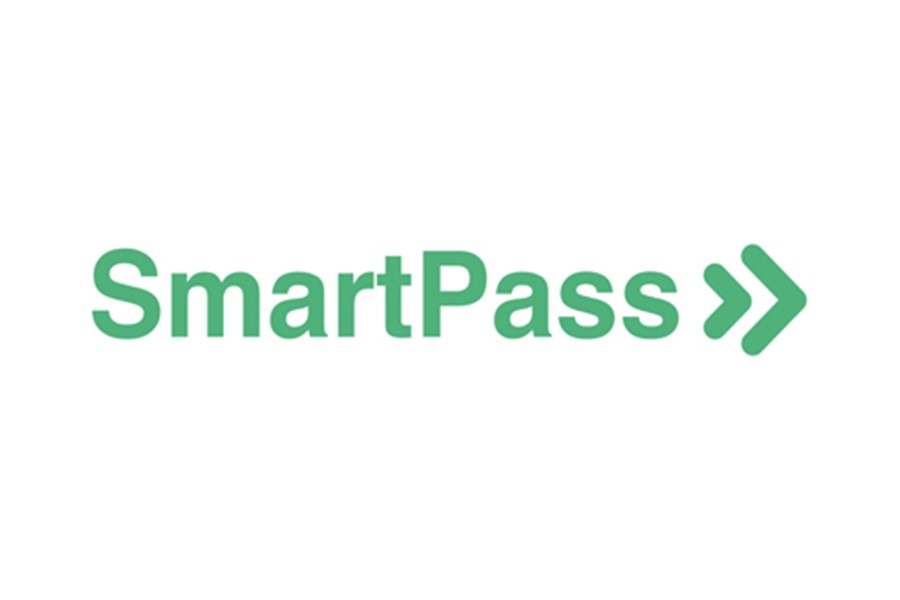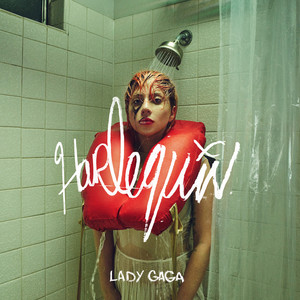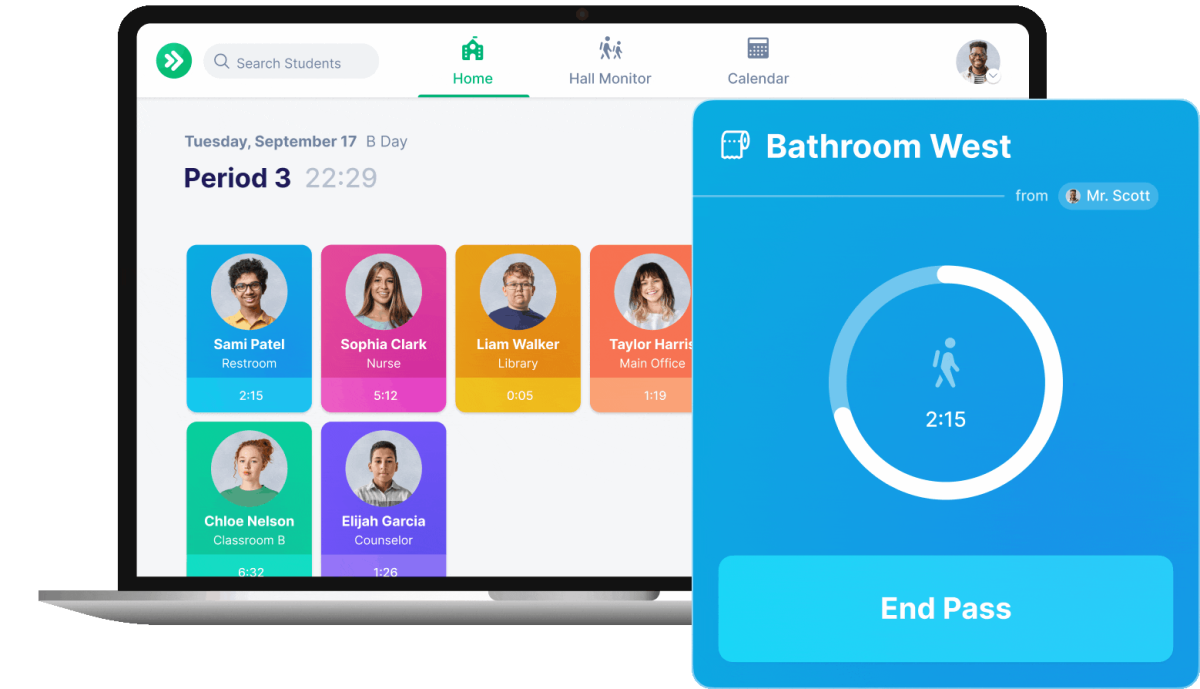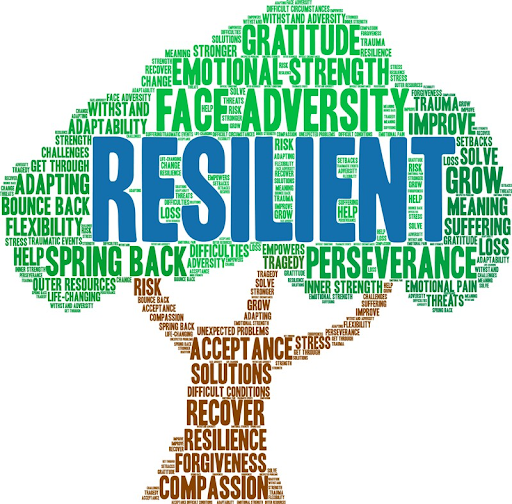
To the benefit of students across the country, AP Exams resumed more normally this year. Even the second wave of the pandemic couldn’t stop College Board from charging students a whopping $94– the exact same cost as the digital, two question exams from last year–despite being a non-profit, multi-million dollar company.
Regardless of my own skepticism about College Board, they were certainly more accommodating this year of the varying pandemic conditions of students taking AP Exams, offering three different testing windows for each exam. Some students are high risk and aren’t comfortable taking their exams in school, while others might prefer paper and pencil exams. The first testing window was recently held in early May, with paper-pencil exams held as early as May 3rd in school. The second and third testing windows are offered in mid May to early June and are entirely virtual, with students taking them at home.
Last year, College Board sporadically condensed their regular, 3 hour length, multiple section exams to 45 minute one to two question exams as a result of the pandemic. To compensate for the lack of precedent and rushed curriculum that teachers struggled to finish, College Board released review videos for each subject offered and continued to do so this year. Regardless of the accommodations that College Board has made, these changes have inevitably impacted students. The shift from 45 minute exams back to regular length ones has particularly impacted JCHS Seniors.
Being an AP Student myself, I can attest to my own anxiety in having to take my first, standard AP Exam after only experiencing the shortened versions last Spring.. While JCHS students can begin taking APs as Sophomores, most students take their first exams their Junior year, meaning the current seniors were deprived of the opportunity to take their first standard AP exams last year, forcing them to re-think their studying habits and testing preferences.
While College Board allowed students to choose their testing windows, some high school administrations chose the specific testing window instead to better standardize the testing process. This was the case at JCHS, where the administration chose the earliest May testing window, hoping to keep the testing process as normal as possible. The shift from over a year of doing everything digitally to reverting back to what now seems archaic paper-and-pencil exams was surprisingly a shift for the better.
This year I will be taking 5 AP Exams. I have already taken 3 out of the 5, so I already have a good number under my belt. For a burnt out student who has probably lost so much finger dexterity from a year of typing, I’d say that I did pretty well. I cannot say that I missed the long forgotten, numbing sensation of writing for an unnaturally long time and the smudged pen marks on my overworked hand. Yet, completing the exams on paper felt more rewarding, with my sore hand being a tangible indicator of how much work I had completed.
While I understand College Board’s reasoning behind offering multiple testing windows, I wasn’t expecting myself to prefer the in-school paper exams. In comparison to the digital exams, it’s arguably most effective at minimizing distractions and optimizing focus, since the students are so invested in the paper exam in front of them and have the solace of knowing they aren’t suffering through the exam alone. There is more accountability compared to digital exams with the presence of adult proctors making potential cheating much more easily detected. I also fear that students who opt for the digital exams will become burnt out from having to wait weeks after others have taken most of their exams. As my friend in Millburn, who will be taking her exams digitally due to being high risk, joked, there is “more time to suffer.”
College Board mandated digital exams to only be taken on a computer, unlike last year, where some brazen high school students took them on their phones, tablets and other unusual devices. Additionally, the digital exams do not allow students to move between questions and may have a different format than the paper exams. Music theory and language exams are not offered digitally and the exams as a whole will not require a continuous wifi connection, since College Board created a new testing application “designed to be tolerant of disruptions in internet connectivity during the exam.” One can only hope that College Board, a multi-million dollar company, allocated enough of their funds to combat this issue and that students won’t risk having to re-take their exams due to submission problems or interrupted connections.
Other seniors felt similarly anticipatory yet exhausted about their exams. Carina Whiting, who has taken three exams already, stated “I didn’t think they were that bad. The calc one was the hardest I took”. Some exams were offered the same day–such as AP Physics and AP Calculus.

Regardless of the commotion and stress associated with AP Exams, at the end of the day, student safety is paramount to any test score or result. I am grateful that I got to safely take and experience the AP Exams in person before graduating, and that the seniors were able to regain a sliver of normalcy.
Sources:
https://www.edsurge.com/news/2021-02-04-college-board-changes-ap-exams-again-to-accommodate-pandemic-era-testing
marcolearning.com/what-we-know-about-the-2021-ap-exams/































